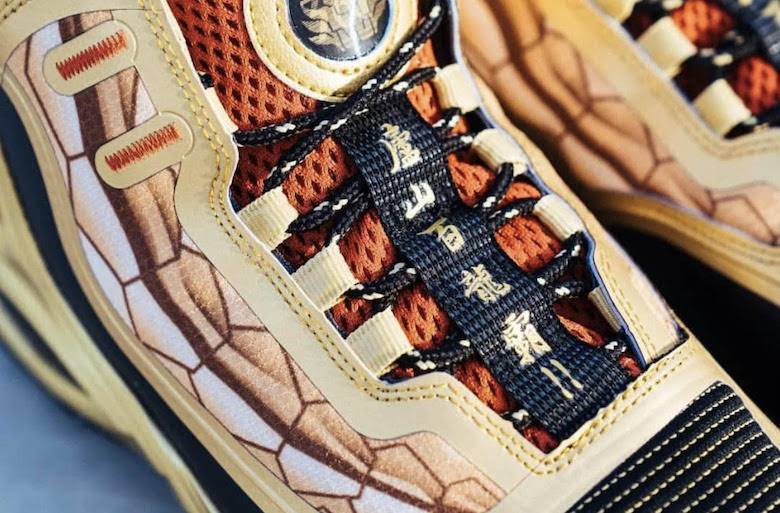Bright horizons for Fujian’s exports to Japan

Local media have reported that China’s south-eastern Fujian province - home to the city of Jinjiang, which leads the rest of the country in the production of sports footwear - has targeted Japan as a key source of potential economic and trade growth in its Regional Comprehensive Economic Partnership (RCEP) action plan.
Japan’s parliament approved the RCEP deal in late April, one month after China.
Following this, a series of events were held earlier this month which discussed how to further cultivate Japanese investment in the province (according to Fujian Daily, Japan is Fujian’s eighth largest source of foreign investment and fifth largest trading partner).
Jinjiang, alone, is home to three of China’s biggest sportswear brands: Anta Sports, Xtep and 361 Degrees. Nike and adidas also once based their factories in the city, starting in the 1980s, a move which is often attributed to stimulating sizeable growth in the local manufacturing of sports shoes. A 2019 South China Morning Post article described footwear production as then employing around one in every three Jinjiang residents.
Former consul-general of China in Osaka, Li Tianran, was quoted by reporters as saying that the RCEP represents a rare opportunity for Fujian to forge greater links with north-east Asia, specifically Japan. The province’s supply chain is currently geared more towards south-east Asia, relying on routes through Hong Kong, Macao and Taiwan, local media said.
Fujian reportedly exports roughly $6.8 billion (¥44 billion) worth of goods to Japan each year, 70.5% of which will be positively impacted by RCEP-related tariff reductions, including footwear and clothing.
A spokesperson for the province’s department of commerce said that they would actively cooperate with Japan’s economic and trade promotion agencies to establish a joint investment mechanism, which will allow for trade and commerce to be conducted more flexibly under the “new normal”.
Image: 361 Degrees via Instagram.










